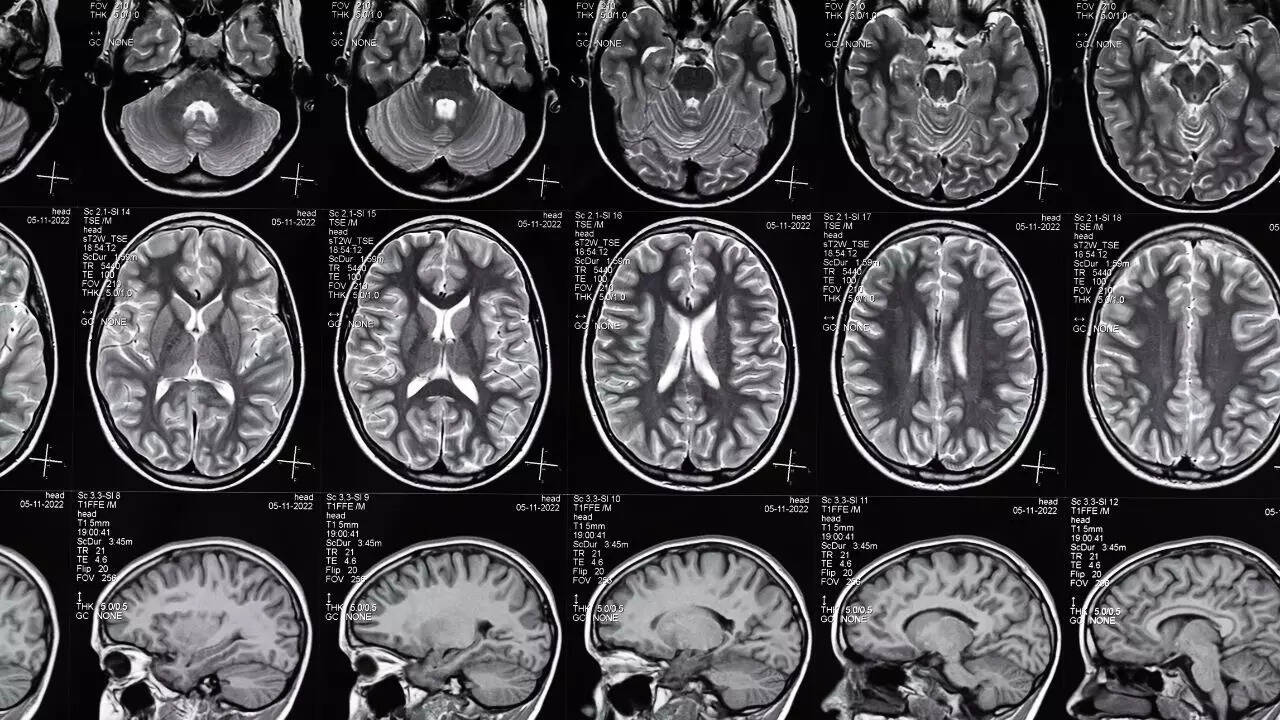
A quick MRI brain scan in your 40s might reveal more than just brain health; it could also predict how long you might live. According to researchers at Duke University, changes in the brain’s structure can reveal how quickly your body is biologically ageing, even before symptoms of age-related diseases appear. This breakthrough could help doctors predict cognitive decline, chronic illnesses, and even early signs of dementia. The study highlights the role of advanced tools like DunedinPACE, which can analyse brain tissue changes and ageing patterns, paving the way for early detection and preventative healthcare strategies for longer, healthier lives.
How MRI scans reveal your true biological age and future health risks
Biological ageing refers to the rate at which your body is deteriorating compared to your chronological age. Two people may both be 45 years old, yet one might have a biologically younger brain and body. The Duke research revealed that those aging biologically faster had brain patterns typically seen in older adults, including tissue shrinkage and fluid buildup. These structural changes are often linked to memory decline, slower thinking, and increased risk of chronic diseases like Alzheimer’s, stroke, and heart conditions.A single MRI brain scan during your 40s can now estimate your biological age and predict health risks decades in advance. Detecting faster brain aging early could transform preventative healthcare, allowing people to slow down age-related decline before it becomes irreversible. For individuals concerned about memory, dementia, or overall longevity, brain imaging could soon become as essential as routine blood tests.
How brain scans reveal your pace of ageing
The research team used an MRI-based tool called DunedinPACN, designed to calculate the Pace of Aging from a single brain scan. The system focuses on key markers like:
- Gray matter volume – essential for processing and cognition
- Cortical thickness – a sign of overall brain health
- Hippocampal size – critical for memory and learning
- Ventricle volume – an indicator of brain tissue loss
These measures provide a snapshot of how the brain is holding up compared to others of the same age.

What faster brain ageing means for your health. People classified as “fast agers” had:
- 18% higher risk of chronic illnesses like heart disease, lung issues, and frailty within a few years
- 40% higher risk of early death compared to slower agers
Increased likelihood of cognitive decline, memory loss, and early dementia: Interestingly, those aging slowly had brain patterns resembling much younger individuals, such as thicker cortex and larger hippocampal volumes, which are associated with better memory and healthier aging overall.
How brain structure changes predict dementia risk
The hippocampus plays a vital role in memory formation. A shrinking hippocampus can indicate faster aging and an increased risk of dementia. The study also noted that enlarged brain ventricles, often filled with fluid, are a sign of surrounding tissue loss—a hallmark of advanced aging. Together, these features act as biological signals of how well or poorly the brain is coping with the aging process.When applied to a separate group of adults aged 52 to 89, the DunedinPACN method showed that fast agers were 60% more likely to develop dementia later in life. These individuals also experienced cognitive decline earlier than their slow-aging counterparts. In contrast, those aging slowly had “younger brains,” maintaining better memory and thinking skills well into their later years.
Future of brain ageing research
Unlike existing aging clocks, which often combine data from various age groups, this study focused exclusively on individuals in midlife, ensuring more accurate results. The ability to detect signs of accelerated aging at 40–50 years old offers an opportunity for early intervention—whether through lifestyle changes, cognitive training, or advanced therapies—to delay the onset of age-related diseases.Also Read | NASA proves growing plants in space is key to healthy astronaut life on Mars missions and deep space travel








